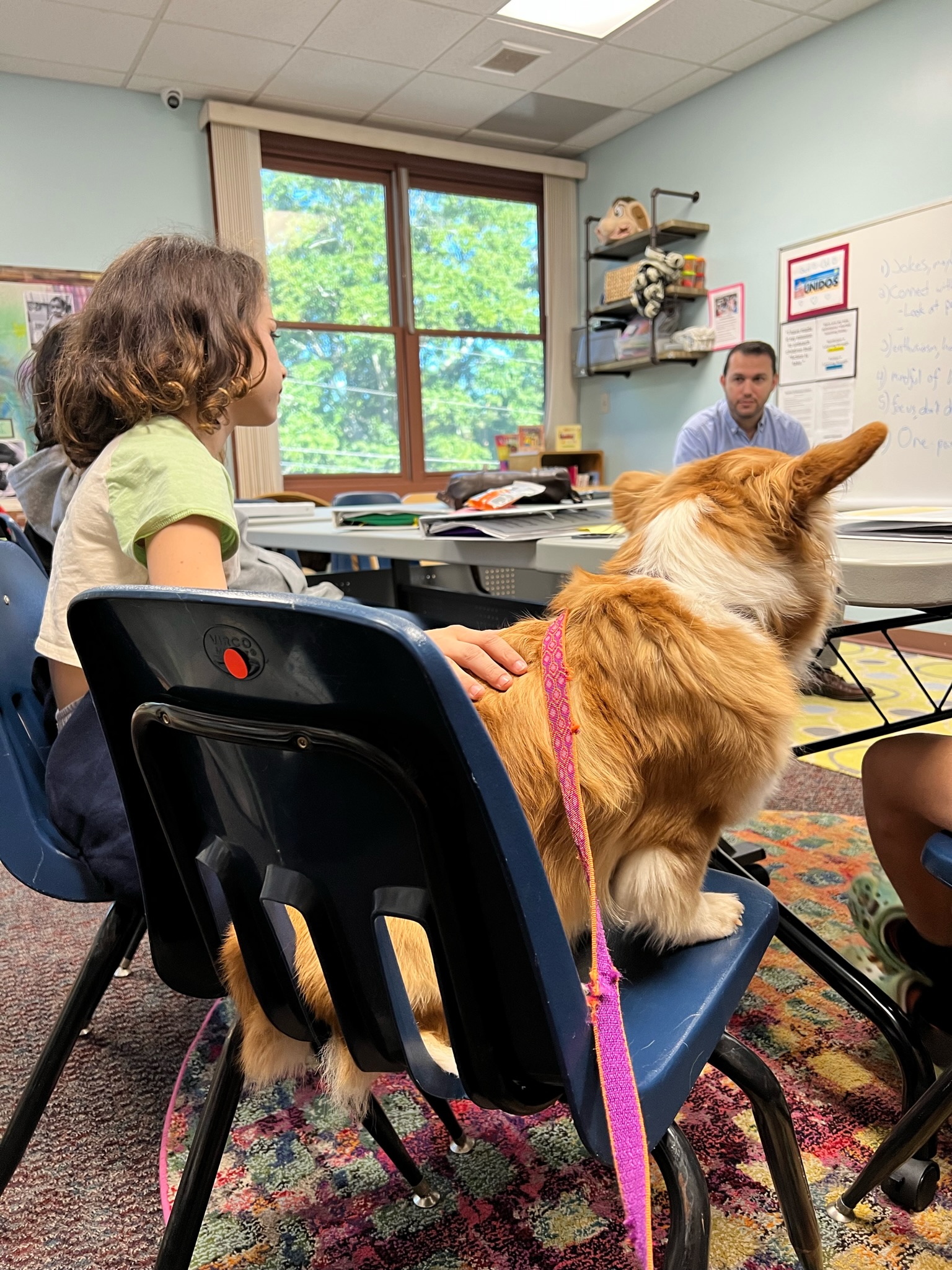
The teachers at the Mitzner Family Religious School at Temple Kehillat Chaim have found some new assistants that keep students engaged in class—and their salary is paid in ear scratches.
Michelle Erste, Director of the Mitzner Family Religious School, and her colleague Caroline Figiel were brainstorming early this year about ways to keep students engaged during their supplemental Jewish learning courses. Caroline’s dog, Molly, went through training with her daughter to be a service dog, but after they discovered Molly had a food allergy, she was adopted by the Figiel family. Molly is excellent with children, calm and very well behaved, and Caroline thought Molly would help the children stay focused during classes.
It was an immediate success. Molly’s presence eased anxiety in the classroom; some children would sit next to her and gently pet Molly throughout class to stay calm. Others read to her in Hebrew. Michelle quickly realized her one year-old puppy, Georgie, could help, too. Michelle brought Georgie to class to learn from Molly, and now the two dogs share duties and alternate visits each week.
Michelle says, “The connections the kids have to the animals makes them more focused; they participate more. Having Molly and Georgie around is like a reward. It’s made the classes more enjoyable and active for the students.”
The Mitzner Family Religious School is part of Federation’s Jewish Education Collaborative (JEC), which boldly reimagines Jewish education in our community by strengthening collaboration among organizations, investing in the talent of Jewish educators, and catalyzing new models. This supportive classroom innovation is exactly the kind of solution that JEC seeks.
Initially, the purpose of the pets was just to be a calming presence in class. But Michelle and Caroline quickly realized there were more benefits to having the dogs around. The children love reading to the dogs and will organize to take turns with their furry friends. One of the rabbis at Temple Kehillat Chaim was inspired to bring his own dogs to his classes with adult b’nei mitzvah and torah study students.
Michelle says they are looking for more ways to integrate the pets into their lessons in the fall semester and make them an active part of the learning process. “Having the dogs in class gives the students a little something extra to look forward to each week.” Who knows, maybe the dogs will start learning Hebrew, too!
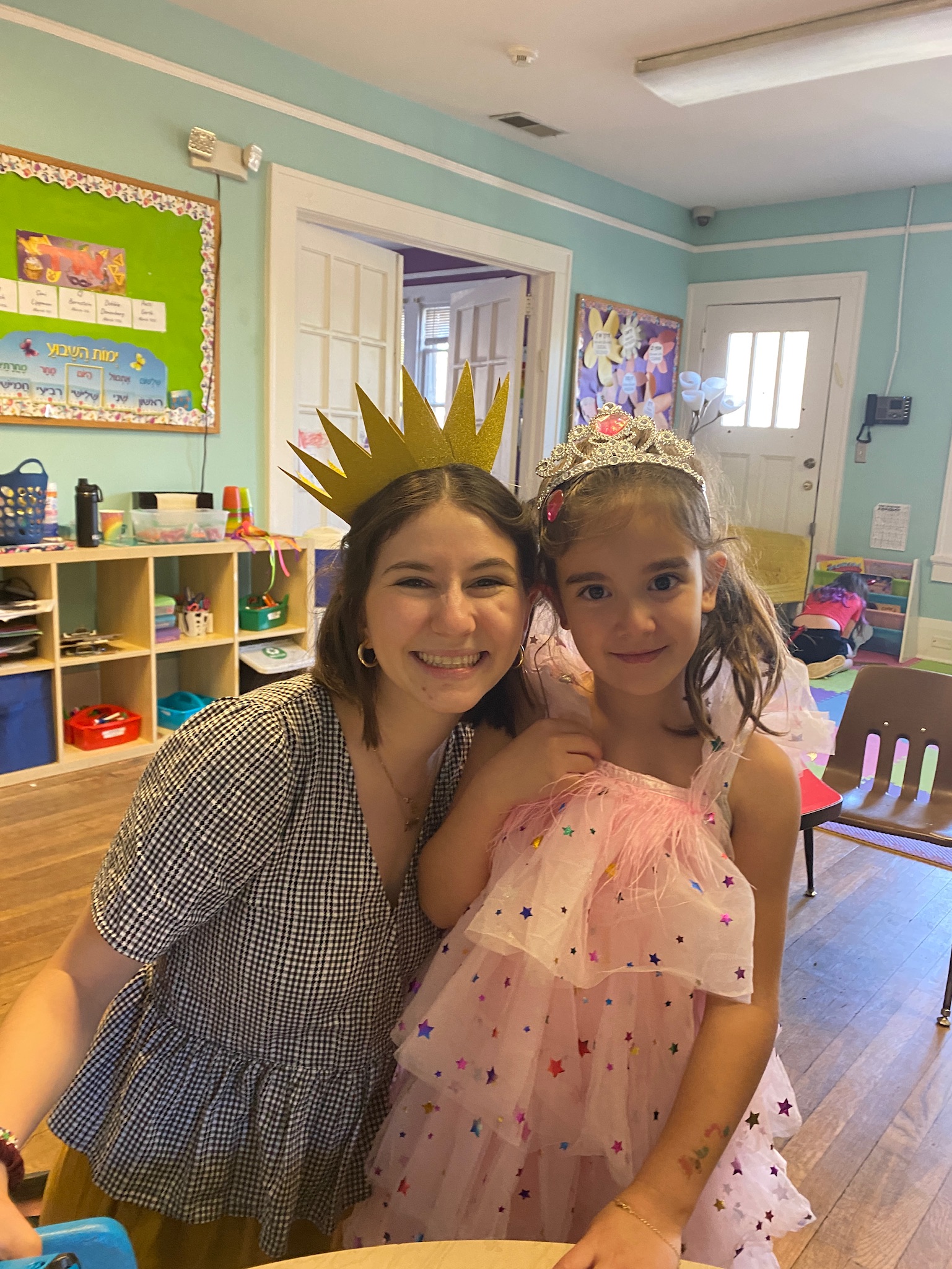

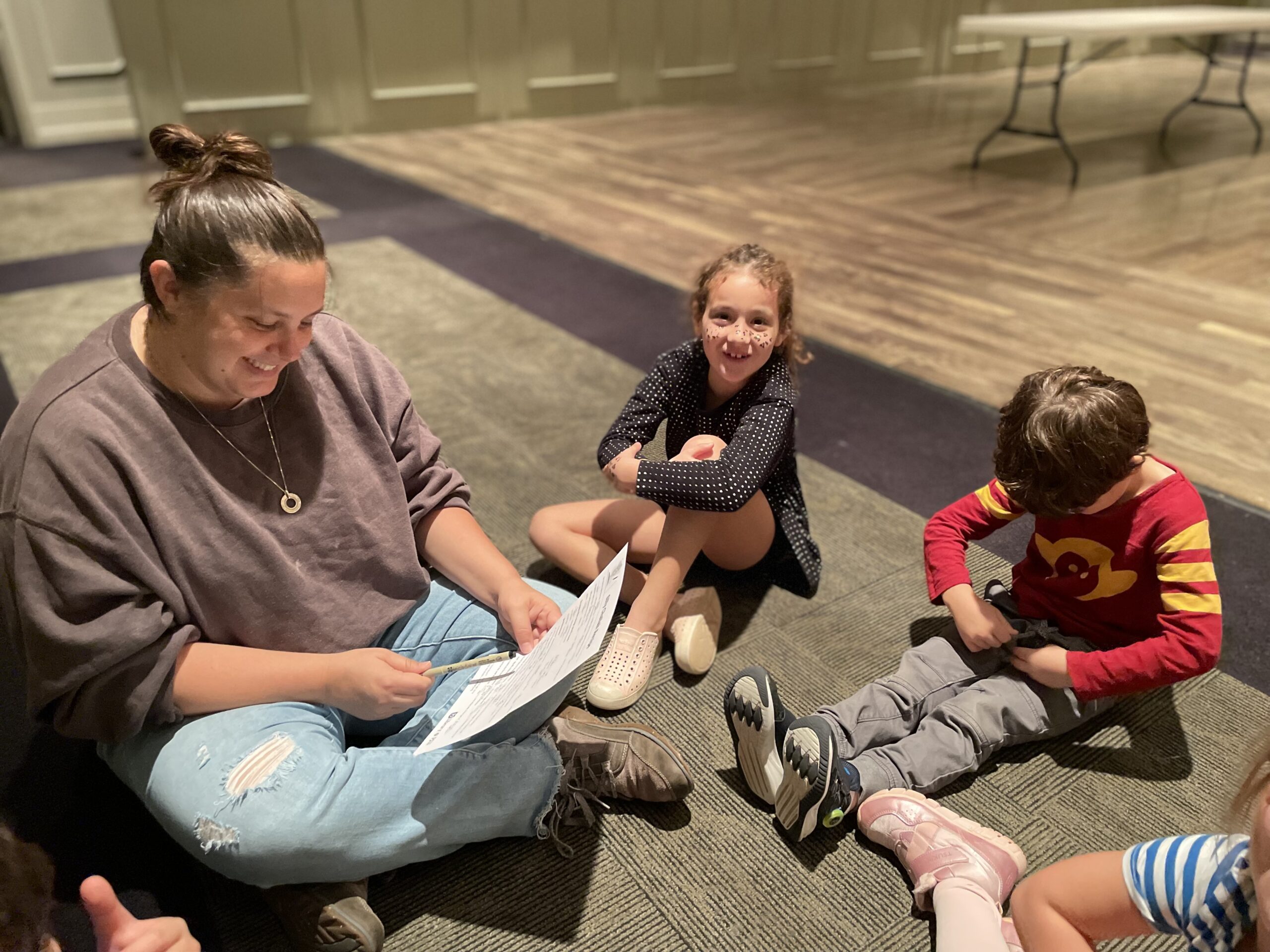

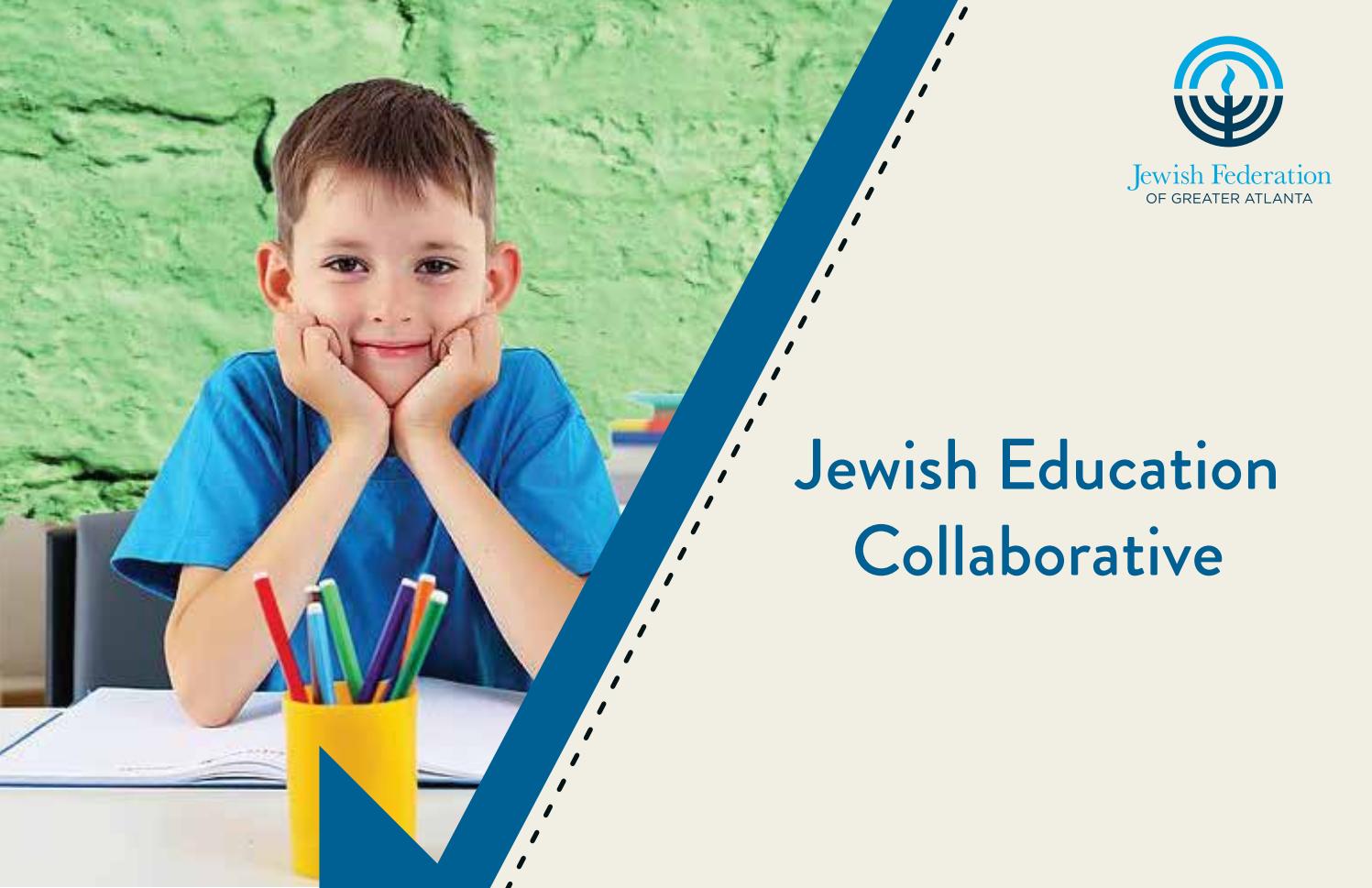
 Do the words “Hebrew school” conjure less-than-pleasant memories? You’re not alone. Federation’s Jewish Education Collaborative (JEC) wants you to think about supplemental, part-time Jewish learning differently—and they want places of learning to change how they think about it, too.
Do the words “Hebrew school” conjure less-than-pleasant memories? You’re not alone. Federation’s Jewish Education Collaborative (JEC) wants you to think about supplemental, part-time Jewish learning differently—and they want places of learning to change how they think about it, too.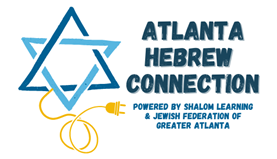
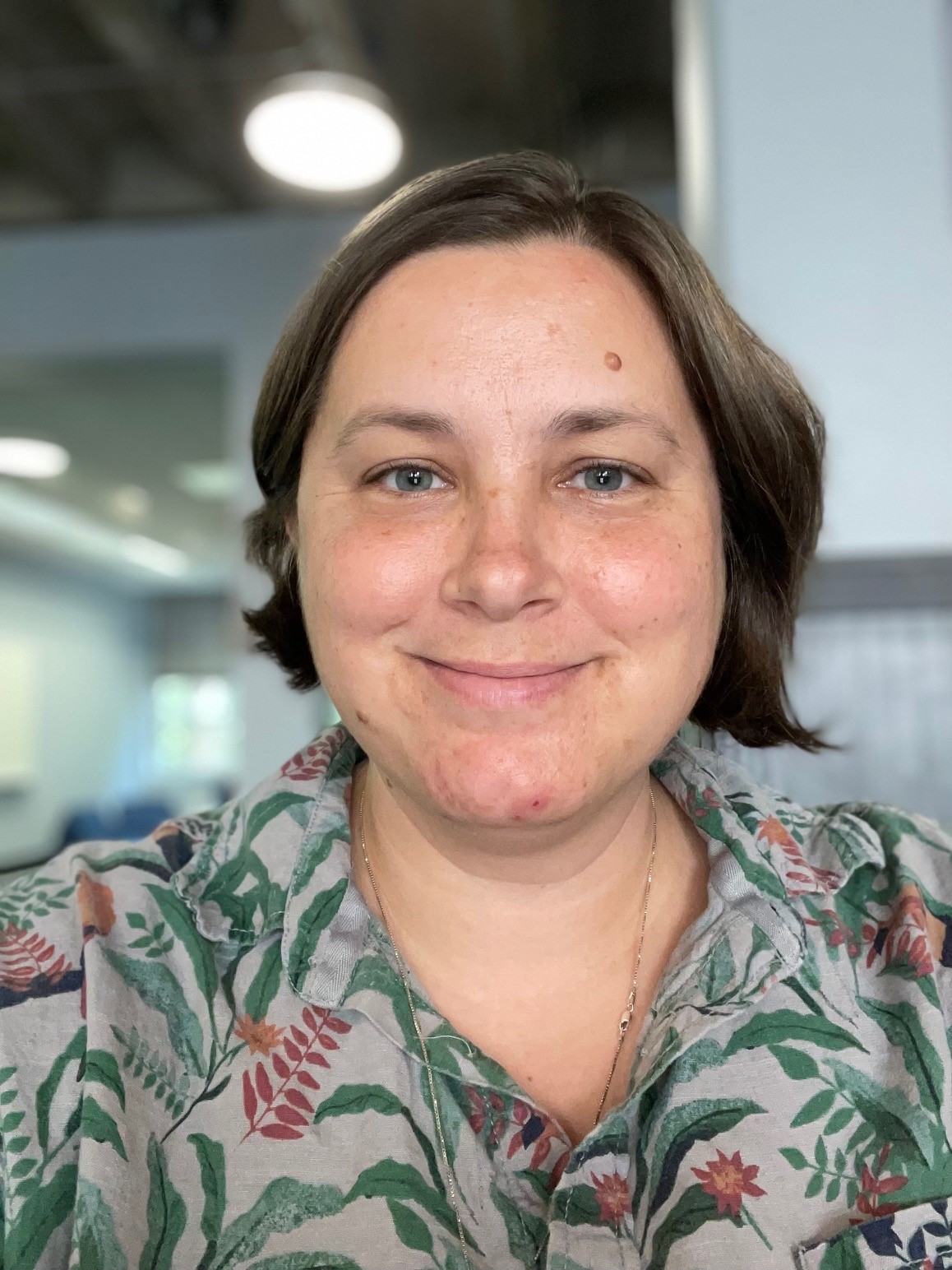
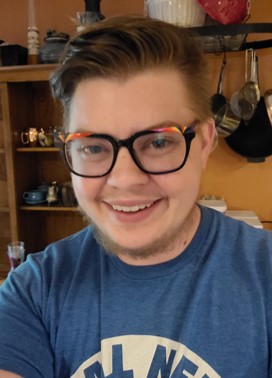

 Atlanta innovates again! The Jewish Education Collaborative (JEC) is excited to announce that for the 2021-22 academic year, four Atlanta synagogue schools are piloting The Atlanta Hebrew Connection
Atlanta innovates again! The Jewish Education Collaborative (JEC) is excited to announce that for the 2021-22 academic year, four Atlanta synagogue schools are piloting The Atlanta Hebrew Connection
 No More “Doing Things the Old Way”
No More “Doing Things the Old Way”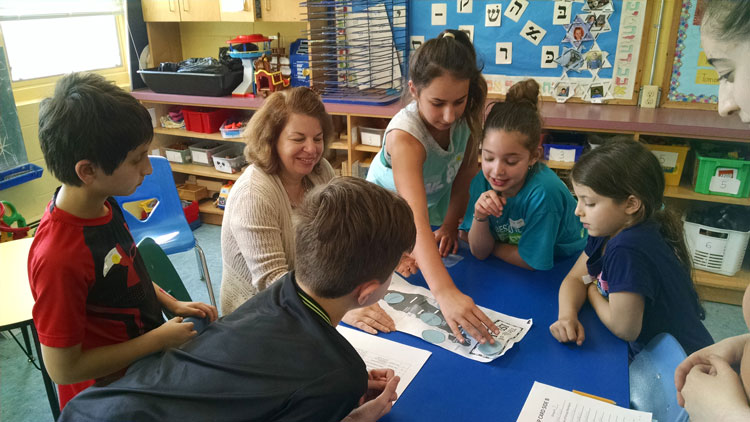
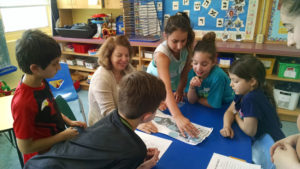 What will Jewish education look and feel like when the trauma of this pandemic is finally over? Will religious school simply return to “normal”? And if it does, will it meet the needs of Atlanta’s students and families?
What will Jewish education look and feel like when the trauma of this pandemic is finally over? Will religious school simply return to “normal”? And if it does, will it meet the needs of Atlanta’s students and families?

